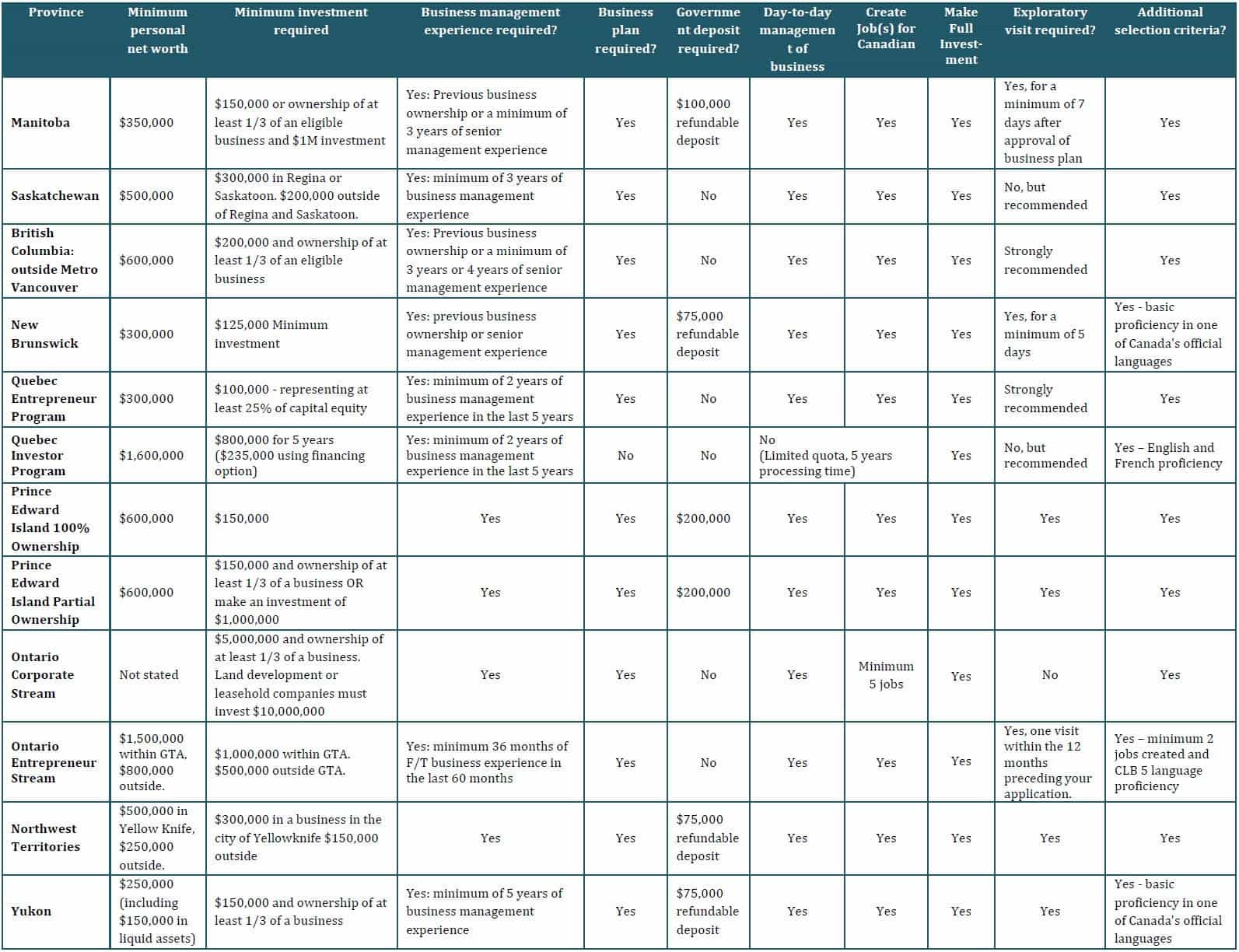House votes to remove proposed restrictions to citizenship rights
Canadians born abroad will enjoy greater rights, should the most recent version of the citizenship bill become law.
On Nov 3, the House of Commons voted to remove the latest amendments to Bill C-3, An Act to amend the Citizenship Act (2025).
Schedule a Free Canadian Citizenship Consultation with the Cohen Immigration
Law Firm
The amendments, introduced by committee for the bill’s second reading, would have limited citizenship rights to children born outside Canada to Canadian citizens by descent, preventing many children from inheriting citizenship from their Canadian parents by birth or adoption.
The proposed amendments, which were removed, aimed to restrict second-generation citizenship by descent in the following ways:
Requiring that the Canadian parent(s) meet a stricter version of the original bill’s substantial connection to Canada test.
Requiring that children aged 18 or older when applying for citizenship undergo a security assessment.
Requiring that children aged 18–55 when applying for citizenship demonstrate adequate knowledge of English or French, along with adequate knowledge of Canada and the rights and responsibilities of citizenship.
The motions to remove the amendments passed with a 170-163 vote. The Liberals, NDP, and Green party voted in favour, while the Conservatives and Bloc Québécois voted against.
Under the substantial connection to Canada test introduced in the bill’s first reading, a child to a Canadian citizen by descent could inherit citizenship by descent provided that the child’s Canadian parent had spent a total of at least 1,095 days in Canada prior to the child’s birth or adoption.
The amended form of Bill-3 in the second reading had made this test stricter, by requiring that the 1,095 days fall within a single five-year period.
Under citizenship by descent, children by birth or adoption born outside Canada can inherit citizenship from their Canadian parents.
Citizenship by descent does not apply to children born within Canada, who automatically gain Canadian citizenship at birth regardless of the citizenship of their parents (subject to a few exceptions, such as children of foreign diplomats).
Bill C-3 is intended to expand rights to citizenship by descent by weakening the first-generation limit (FGL), which was introduced in Canada’s Citizenship Act in 2009.
Under the current form of the FGL, a child of a citizen by descent cannot inherit citizenship by descent—meaning that many children born outside Canada to one or more Canadian parent(s) do not gain Canadian citizenship.
Should Bill C-3 become law in its most recently amended form, children of citizens by descent will be able to gain citizenship by descent so long as their Canadian parent meets the substantial connection to Canada test.
Upon becoming law, the bill would also immediately restore citizenship to all Lost Canadians affected by the earlier form of the FGL (regardless of whether or not their parents had met the substantial connection to Canada test).
To become law, the bill must pass its third reading in the House of Commons, proceed through three readings in the Senate, and then obtain royal assent.
Bill C-3 is the federal government’s long-awaited to response to a ruling by the Ontario Superior Court of Justice, which in December of 2023 found the current version of the FGL unconstitutional, and ordered the federal government to amend the legislation.
The federal government aims to pass C-3 by November 20, 2025, which is the most recent extension of the court-ordered deadline to remedy the Citizenship Act.
Individuals currently affected by the FGL need not wait until C-3 passes, but can pursue Canadian citizenship under the federal government’s interim measures, as of the time of writing.
Under the interim measures currently in place, individuals affected by the FGL can apply for discretionary grants of Canadian citizenship.
Schedule a Free Canadian Citizenship Consultation with the Cohen Immigration
Law Firm















